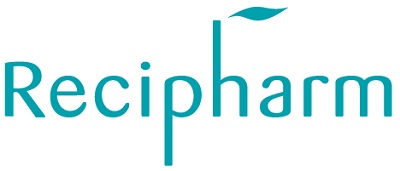Vaccine production is very complex making specialist expertise vital to ensuring both the safety and efficacy of the final product. Depending on the type of vaccine different approaches are required. For example, a traditional live virus vaccine, which requires a dedicated facility, or a deactivated virus vaccine will have very different challenges compared to an Adeno-associated (AAV) virus vector vaccine or an mRNA vaccine.
One of the biggest challenges, particularly in the case of some of the COVID-19 vaccines, is the critical aspect of temperature control. mRNA is often very unstable and therefore requires cryofreezing and a carefully managed thawing process immediately before filling, and then again before delivery to the patient which is a challenging requirement to navigate.
In addition, when it comes to the COVID-19 vaccines, timelines are naturally very aggressive meaning there is an increased need for manufacturers to focus on procedural efficiency, correct documentation, and a seamless supply chain route to market.
There is an obvious strain placed on manufacturers for capacity as the production of other medicines needs to continue. In addition, companies must consider the availability of the required hardware including freezers, thawing equipment, packaging components such as vials and stoppers and so on. This is a real challenge and failure to combat these issues ahead of time can cause very real delays to supply.
All these potential bottlenecks are driving more staff recruitment and upfront investments in other resources to ensure the industry can safely supply these vital medicines to patients.
There are also additional complexities in quality control. It is essential that assays and other analytical methods adequately meet regulatory standards and development of in-process controls may be challenging. The COVID-19 vaccines are among the first mRNA products to be developed and approved, likewise there are few other virus vector vaccines on the market meaning companies are overcoming many of these hurdles for the first time. (I changed this as I think in-process controls as well as required other assays are part of the quality control).
The collaboration we’ve seen across supply chain partners has gone a long way to mitigating these challenges and is hopefully something we will see continue beyond the development of COVID-19 vaccines so that other unmet patient needs can be addressed.





















